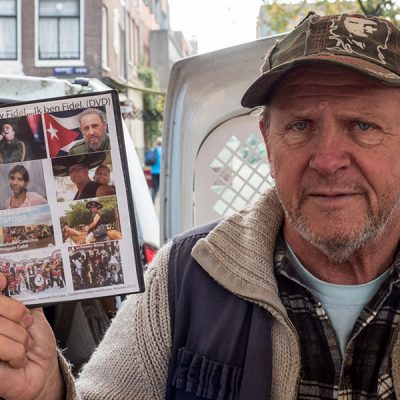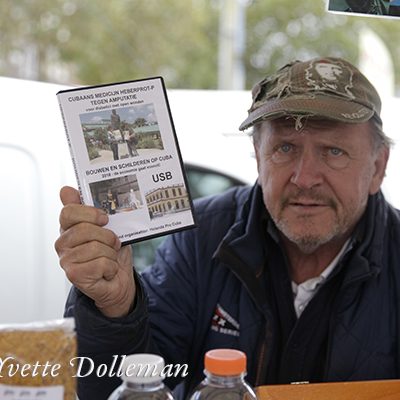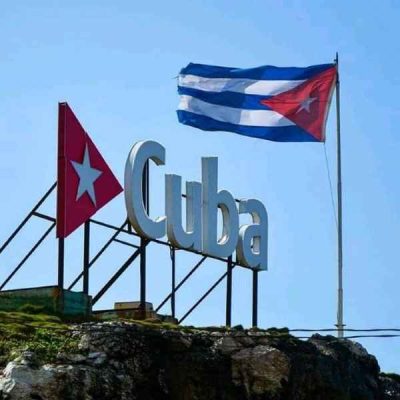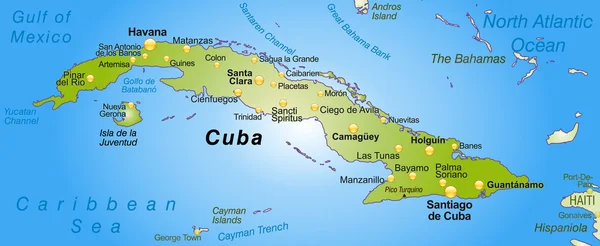Welkom op de website van Stichting Holanda Pro Cuba

Stichting Holanda Pro Cuba ( sinds 25 – 07 – 1997 )
Humanitaire projecten op Cuba
Informatie over Cuba en promotie van Mariachi Muziek op Cuba
Organisatie : Willem Veldhoven
Telefoon: 06 – 509 94 645
Mail wvcuba@hotmail.com



Cuba, is een land in het Caribisch Gebied, bestaande uit het eiland Cuba, Isla de la Juventud en ruim 4000 kleinere eilanden. Cuba wordt in het noorden begrensd door de Golf van Mexico en de Atlantische Oceaan, in het oosten door de Windward Passage, in het zuiden door de Caribische Zee en in het westen door de Straat Yucatán.
De laatste jaren houdt Stichting Holanda Pro Cuba zich vooral bezig met het inzamelen van instrumenten voor een Muziekschool in Las Tunas en hebben we o.a. violen, gitaren, saxofoons, en trompetten kunnen schenken.
30 jaar Holanda Pro Cuba Willem Veldhoven
Stichting Holanda Pro Cuba zet zich al ruim 30 jaar in voor humanitaire en culturele projecten in Cuba. Door de jaren heen hebben we verschillende initiatieven ondersteund die een positieve impact hebben gehad op het eiland.
Laatste nieuwtjes
Plukdagen Olmenhorst 2024
Contact
- Telefoon: 06 509 94 645
- Mail: info@wvcuba@hotmail.com

